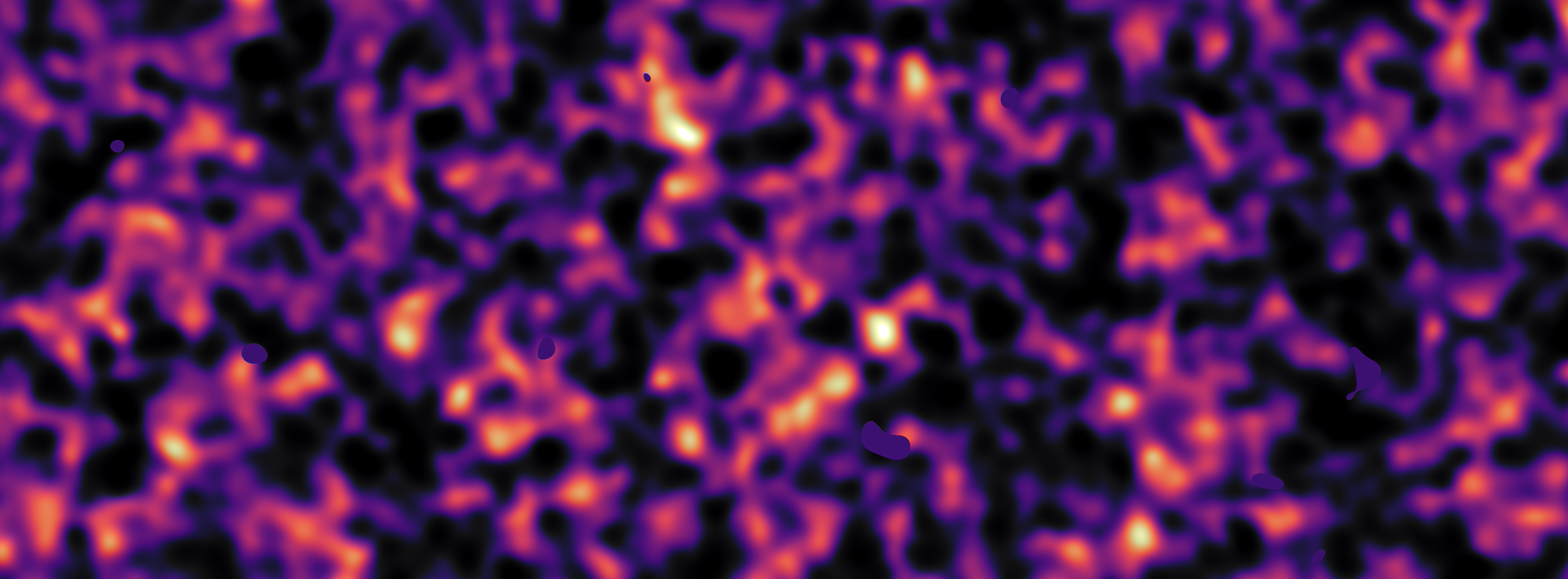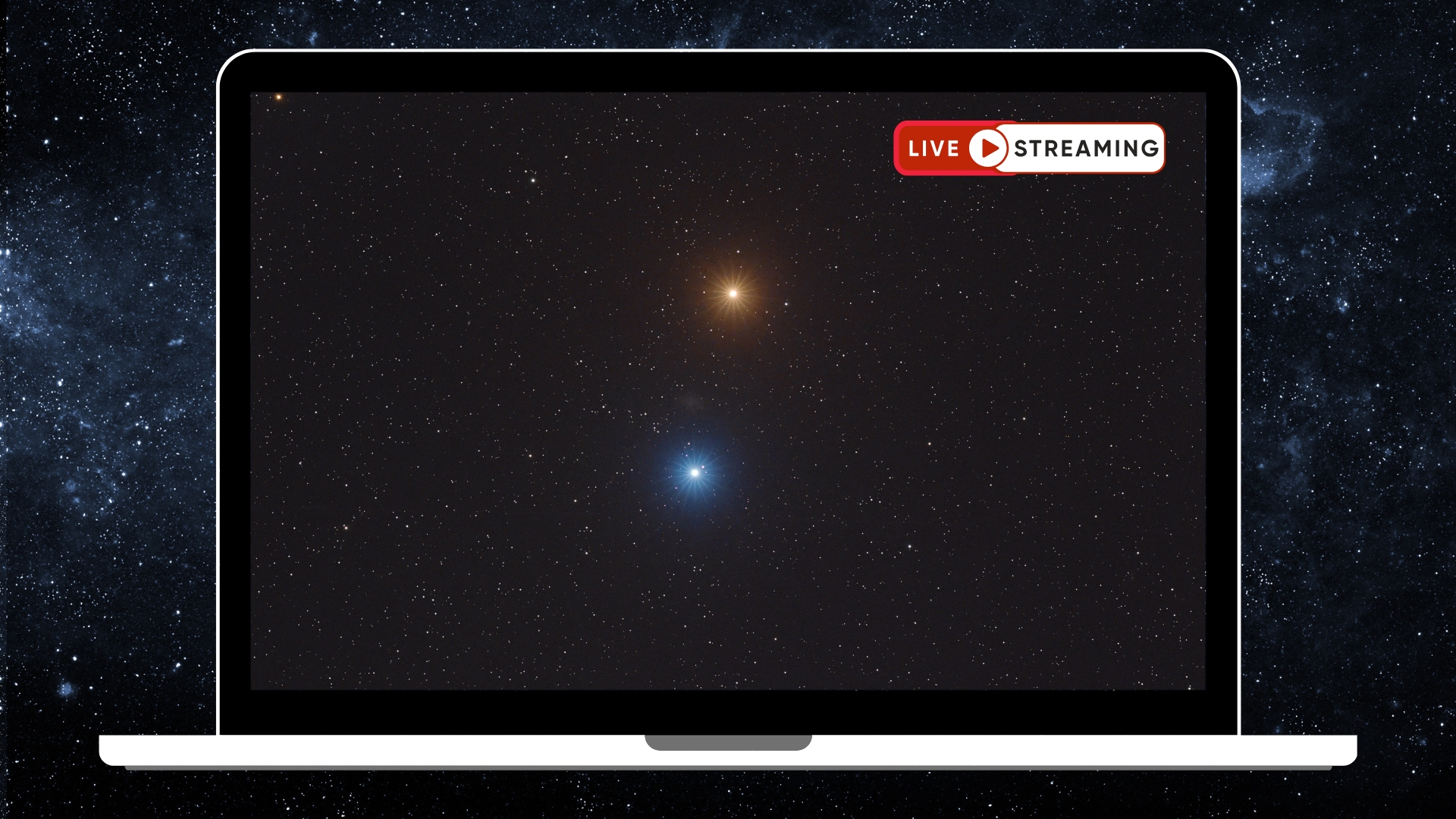Why Occam's Razor Doesn't Apply to Physics

Occam's razor is one of the most useful tools for logic and problem solving ever devised: When examining competing hypotheses to explain phenomena, the one with the fewest assumptions should be selected. Simpler is better.
But according to astrophysicist and educator Ethan Siegel, this modus operandi does not often suit the complicated world of physics.
"We don't really subjectively weigh 'what's a greater leap' when it comes to physics explanations. I know you hear about 'Occam's razor' all the time, but physicists don't actually resort to that very often, especially in matters where it's rooted in opinion," he told RCS.
The impetus for this discussion was a nagging question about the nature of the universe. The theory of dark matter has provided an immensely successful framework to explain a host of astronomical observations. In fact, it explains things so well that even though astronomers have never actually seen the stuff, many just assume it's there.
This seems like a big leap in reasoning, to invent an essentially invisible form of matter composing 84% of the universe out of thin air, especially when you consider that there are simpler competing explanations. Modified Newtonian Dynamics (MOND), for example, reproduces observed galactic rotation curves even better than dark matter! Rather than theorize into existence a bunch of unseen matter, all MOND does is slightly tweak general relativity. Employing Occam's razor, should we not select MOND as the simpler explanation?
But Siegel cautions against such an approach.
"We consider the following three criteria instead:
When these criteria are applied, dark matter clearly outshines MOND. As Siegel explained in a previous blog post:
Breaking space news, the latest updates on rocket launches, skywatching events and more!
There's the gravitational bending of starlight by mass, including strong and weak gravitational lensing. There's the Shapiro time delay. There's gravitational time dilation and gravitational redshift. There's the framework of the Big Bang and the concept of the expanding Universe. There are the motions of galaxies within clusters and of the clustering of galaxies themselves on the largest scales. For all of these — all of them — MOND fails spectacularly, either offering no predictions or predictions that woefully conflict with the available data.
As outlandish as dark matter may seem on face value, it outperforms the much simpler MOND.
The universe is grand in scale and in complexity. Occam's razor is useful here on Earth, but it's too small to shave a universe.
"Physics has shown us time and time again that our human views of what's logically consistent or preferred are terrible guides to understanding the Universe," Siegel said. "Better to ask the Universe itself, and listen to the answers it gives us, no matter how counterintuitive they may be."
Originally published on RealClearScience.
Join our Space Forums to keep talking space on the latest missions, night sky and more! And if you have a news tip, correction or comment, let us know at: community@space.com.
Steven Ross Pomeroy studied zoology and conservation biology, but has long had a passion for journalism and writing. His work as writer and editor appears at RealClearScience’s website, where he covers anything that sparks his curiosity and love of learning. More of his writing can be found at Big Think, Slate, Science Now, Gizmodo, and Scientific American.

